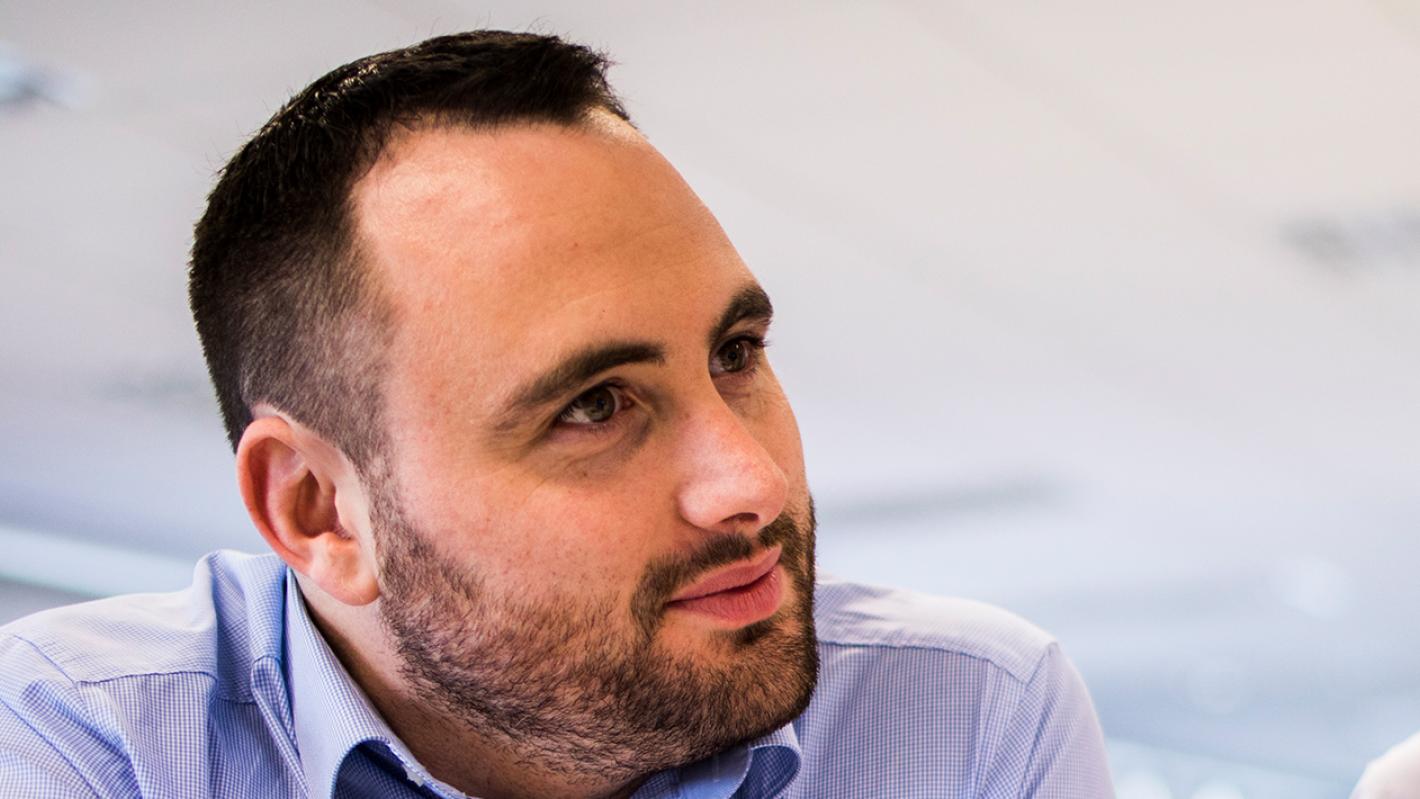
Dr. Ciaran Carey, Research Engineer at ROD.
Dr. Ciaran Carey puts his research, programming and data analysis skills to work on Transport Infrastructure Ireland's enhancing Motorway Operations Services programme
I always enjoyed the 'numbers subjects' in school – it’s nice to have answers, even the wrong ones tell you something! Being an engineer allows you to exercise those maths muscles and work in teams. It also provides an outlet for creativity!
I spent nearly 10 years studying civil engineering at University College Dublin (UCD) – first as an undergraduate and then as a Ph.D. student. I wrote my doctoral thesis on the use of bridge dynamics for loading and damage detection.
My focus is on integration across the various strands of the enhancing Motorway Operations Services (eMOS) programme including, for example, making sure the new equipment installed on the M50 can report faults to Transport Infrastructure Ireland's existing systems and the new Network Intelligence and Management System (NIMS).
I am also involved in the Cooperative Intelligent Transport Systems (C-ITS) pilot project that TII is undertaking in conjunction with several EU countries and delivering under eMOS. Pilot participants will exchange messages with NIMS via road side units currently being installed on the M50.
Prior to joining the eMOS team, I oversaw the day-to-day management of TII's ITS equipment maintenance contract, which involved ensuring contractor and equipment performance was in line with specified service levels for example. I came into the eMOS team, therefore, with a good understanding of the equipment deployed on the M50 and the IT systems they interface with. In relation to the C-ITS pilot, my previous experience working on similar EU-funded research projects has been beneficial.
While undertaking my Ph.D., I developed programming and data analysis skills that I have drawn on to automate workflows and analyse the data that will be used to indicate the impact of the project.
As part of the integration team, I work to ensure the solutions provided by ourselves and the various contractors work in harmony. It is not a straight forward task, but it is always rewarding.
I have been involved in every stage of the eMOS programme - from helping to specify what is required from contractors and evaluating tenders through to testing different products and considering how they will be used in an operational environment. The experience has shaped my understanding of the life cycle of intelligent transport systems (ITS) and has been very beneficial.
While I’m not one for role models per se, it is hard not to be impressed by the array of top engineers working on the eMOS programme. I try to fold some of the approaches my colleagues adopt into my own work practices.
Yes, certainly. The ITS space is an intersection of civil and structural engineering, with IT systems, big data, and traffic management. There is a lot to master yet!
As vehicles become increasingly autonomous, especially near urban centres, I would expect vehicle ownership to decline and the move towards fleets to increase. You will then become a customer who calls on a vehicle as you need it. It will be interesting to see not just who you call on – maybe an Uber, Apple, or a BMW – but also the integration of those private fleets with public transport. We will likely see a handful of companies, with one or two dominant players, in different geographic regions - the more vehicles you have, the more customers you attract, the more vehicles you can afford etc. This is still very far away though.
An engineering degree provides a wider variety of opportunities than are available to most other graduates. Engineers are highly valued across a broad range of sectors!
